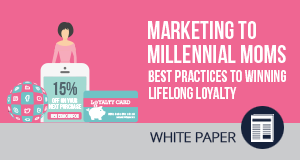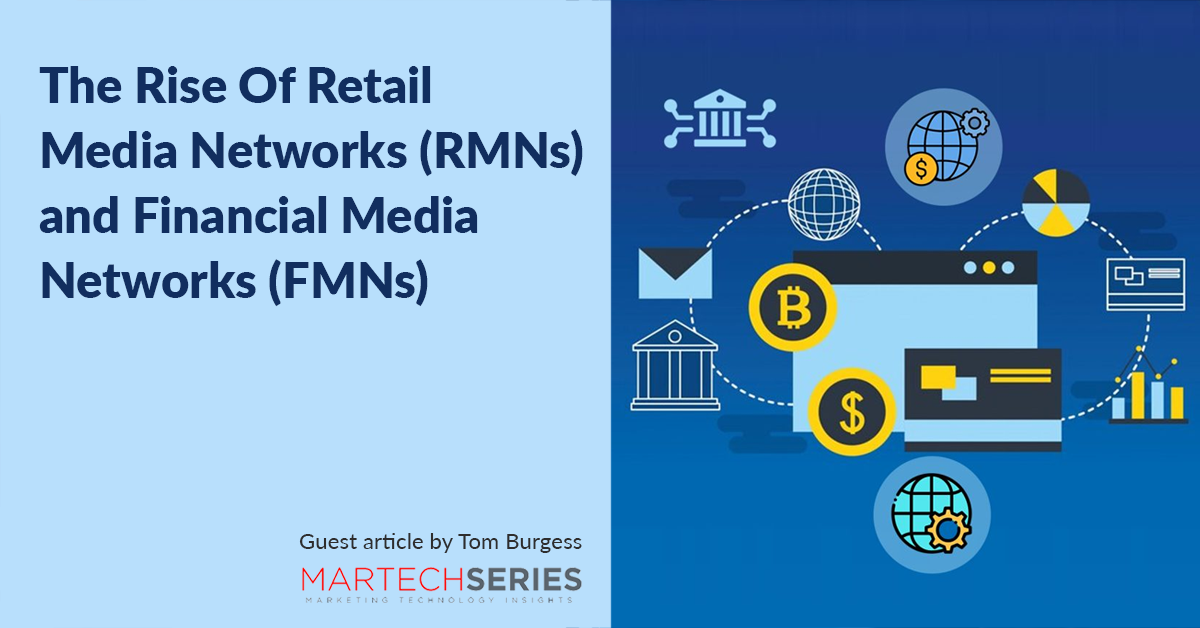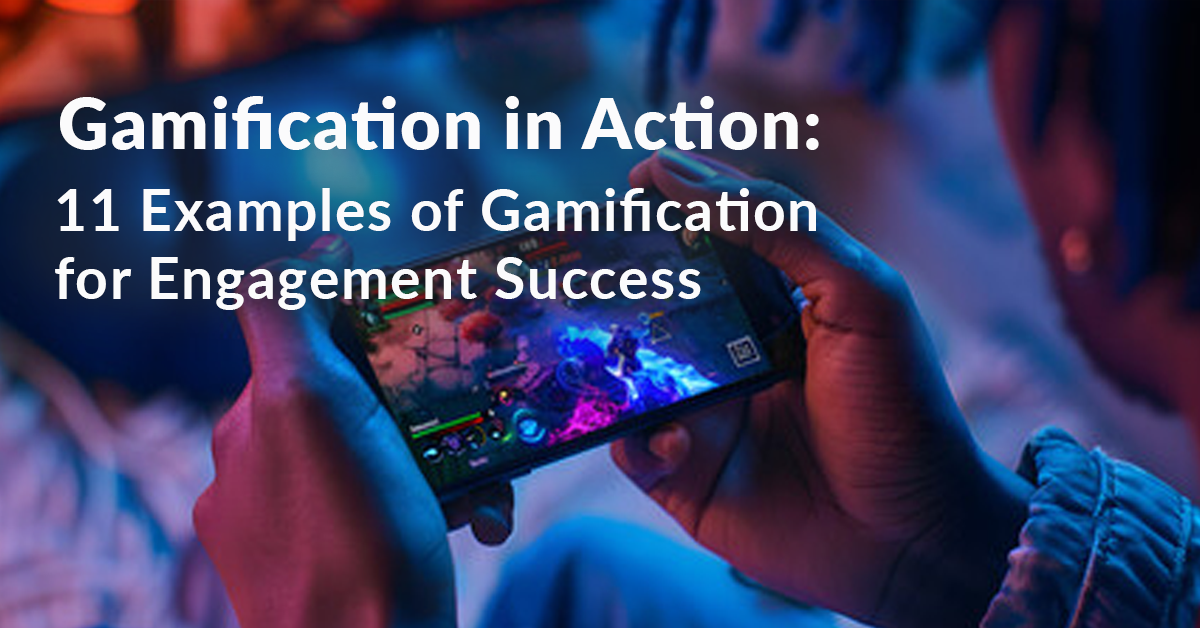This following Q&A between Loyalty360’s Jim Tierney, and Camille Kennedy from Snipp, first appeared on the Loyalty360.org, April 22, 2016
Building customer loyalty is an often daunting task, replete with a myriad of factors connected to leveraging key behavioral and transactional insights. One customer segment − Millennial Moms − comprises a key target area for building loyalty. Camille Kennedy, VP Marketing at Snipp, sat down with Loyalty360 to discuss building customer loyalty with Millennial Moms.
What are the key strategies around building customer loyalty with Millennial Moms?
Kennedy: This demographic of millennial moms were born between 1978 and 1994. One in five moms are Millennial moms, accounting for nearly nine million people, and they are everywhere: Some stay at home, some work from home, others work outside the home, etc. What is important to learn is that they are mothers within an entirely new and digital generation. With 85% of Millennial moms owning smartphones, this busy type will use devices for everything, at any time. As it relates to the purchase journey, when they begin shopping on their mobile, 84% will continue on that device, 88% will switch to a table, and 85% will continue on their desktop or laptop. Brands who hope to win over this group of consumers will need more integrated, cross-device, and creative marketing techniques to see success in converting and keeping loyal millennial mom consumers.
In terms of strategy, the factors that contribute to shopping habits are completely different for this mobile demographic, given the influence of social media and networking on purchasing habits. Given this, it is not surprising that only 33% of millennials moms are buying the same products they grew up with as they are now constantly following new brands on social media, building new loyal relationships with these brands through active engagement online. The power of this generation is its sociability. Most Millennial mothers have anywhere from three to four social media accounts, and spend about 17 hours a week on their social networks.
Given that they provide ‘frequent and unsolicited’ recommendations online – in the ‘liking’, ‘re-tweeting’ and ‘re-pinning’ products – a smart step for loyalty programs is to reward for this type of activity post-purchase. Social sharing and recommendations are powerful tools to both acquiring new consumers and retaining existing ones, and millennials moms are especially active in this area.
In this way, it becomes clear that an omni-channel, seamless program – whether it is a one-off promotion or a full loyalty program – is key to building lasting loyalty. Millennial moms expect personalized experiences and programs that add value to their busy lives. Digital coupons and socially-oriented rewards, as opposed to earn and burn point mechanisms, are more likely to attract them, especially so if they will save them time and money. Another strategy for building customer loyalty with millennial moms is geo-targeting. Given that Millennial moms will have so many things on the go, offers that are delivered straight to their mobile devices, especially while in proximity to the store, will be more likely to gain a response.
How does this segment differ from other segments when it comes to customer loyalty?
Kennedy: In comparison to other segments, such as millennials without children, and males, Millennial moms have a lot more to consider when making a purchase and joining a loyalty program. Not only that, but they are a very diverse demographic with over 67% of new millennial moms coming from a multicultural background, including a large portion of Hispanics. Four in 10 moms are single parents and the main wage earners for their families. All this said, they share the common interest to get the best value for their money. Loyalty programs can motivate Millennial moms, especially the 83% who report that they join loyalty programs specifically to save money. For 72% of millennials, rewards account for the main motivator to join.
Moms are constantly searching for solutions that satisfy the needs of their family before their own. She doesn’t necessarily treat herself often, so that’s where the importance of rewards comes in. She may also conduct purchases that aren’t the most exciting, including routine items for her family like toothpaste. What brands get right is offering value-added rewards for the Millennial mom to enjoy when making regular purchases. For example, Colgate ran a promotion for its Optic White toothpaste, where consumers received a beauty magazine subscription with a purchase. When there is an added value to basic purchases, moms are more likely to favor that brand over others.
How does mobile fit into this customer loyalty equation?
Kennedy: Mobile is the main tool used when shopping for eight in 10 Millennial moms. The promotions and coupons they come across while shopping have a large influence on where they will allocate spend, with over 62% specifically searching and downloading coupons in-store. When it comes to building lasting loyalty from these promotions, these consumers will be more likely to respond to a personalized offer that creates true value for them and their family, against the range of brands competing for attention. While one CPG food company may offer a discount, if another CPG food brand delivers a continuously personalized brand experience with rewards and redemption methods that fit the lifestyle of the Millennial mom – she will be inclined towards that. These redemption methods include appealing to the 85% of millennial moms who own smartphones, who want their offers straight to their device, easy access to digital loyalty cards, and rewards that can be instantly redeemed online.
With 35% of U.S. Millennial women, including moms, reporting that social media and online interactions are key purchase influencers, this is another area in which mobile can be leveraged to build loyalty. Innovative loyalty platforms incentivize purchase across the wide variety of actions that consumers make online. Online reviews, Facebook likes, re-tweets, any action that millennial moms are already making online can be rewarded in these programs to further build the relationship between brand and consumer.
How important is listening to this segment and leveraging acquired insights?
Kennedy: According to Digiday, Millennial mothers hold an impressive spending power of $200 billion, which is more than any generation of mothers before them. They are the main decision makers when it comes to their families, and 55% of millennial moms report that other people frequently ask for their opinion when making a purchase. In this way, they are an important demographic for brand marketers to pay attention to. Using acquired insights can identify a program that works, versus one that is falling flat in efforts to engage millennial moms. Since they are such large influencers on the spending of others, this is especially important to take into account.
How do you define customer loyalty and has that definition changed or evolved in recent years?
Kennedy: Consumers are generally positive about loyalty programs, and often are members across a large number of programs at once. However, there are 3.3 billion loyalty program memberships in the US and people are only engaging with 42% of them. Technology is changing human behavior, including how consumers interact with brands and their loyalty programs. Within the past five years, the amount of ‘things’ connected to the Internet has grown to five billion, and this number will only grow to a predicted 21 million by 2020. Smartphones, smart cars, even smart fridges, have join the races vying for attention of consumers – creating a vast number of touch points that make it increasingly difficult for brands to engage consumers, and increasingly easier for consumers to disengage.
Customer loyalty relies on more than the transactional relationship between a brand and consumer – today, it postulates a deeper, emotional connection. When a brand creates a positive experience for their consumer, the consumer will feel that brand aligns with their personal beliefs, and from there perform the actions desired such as purchase and brand advocacy. The loyalty programs of tomorrow will not only engage consumers at purchase, but create experiences and meaningful engagements both online and offline. The ability to validate purchase at any point of sale – including third parties – will allow brands to track purchase data, gain significant savings to both the brand, and increase member engagement and satisfaction.





